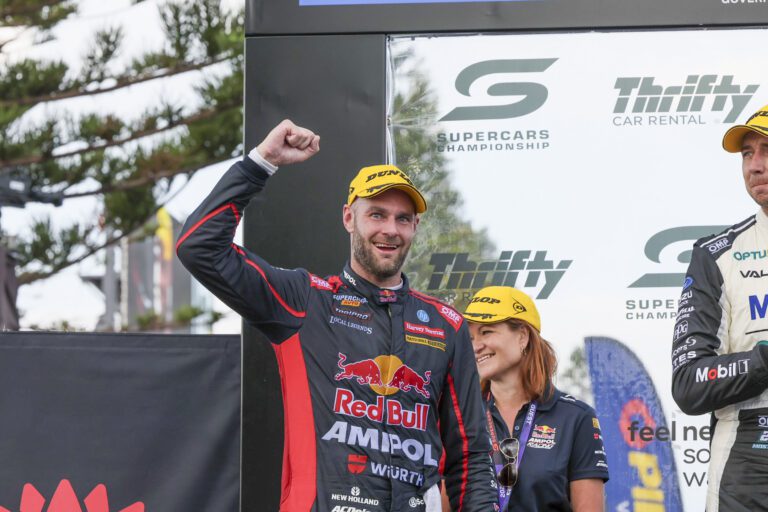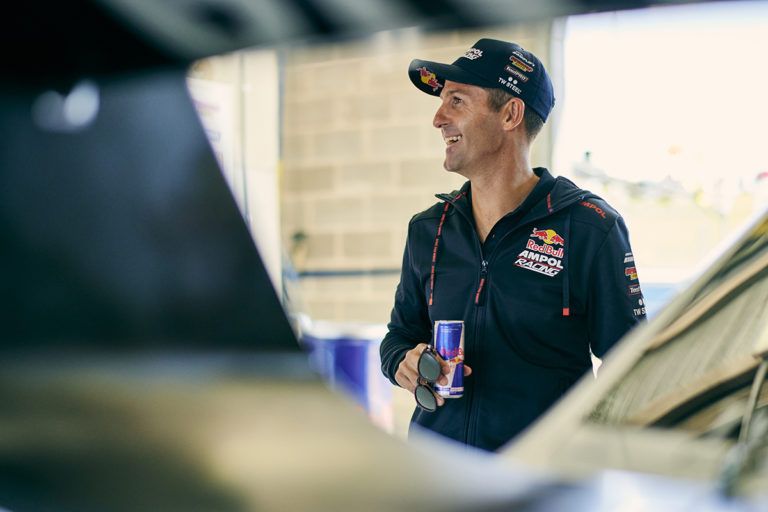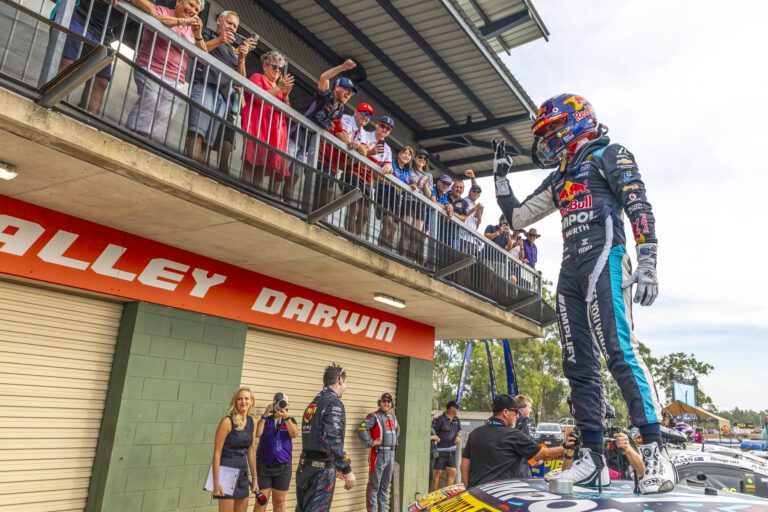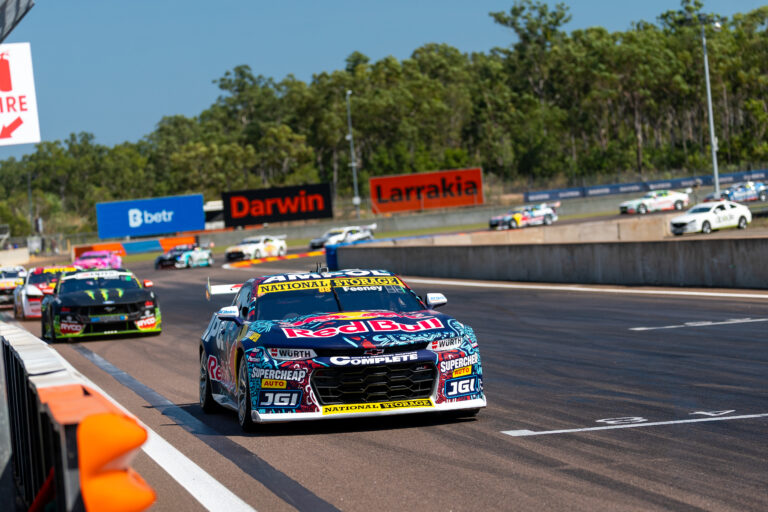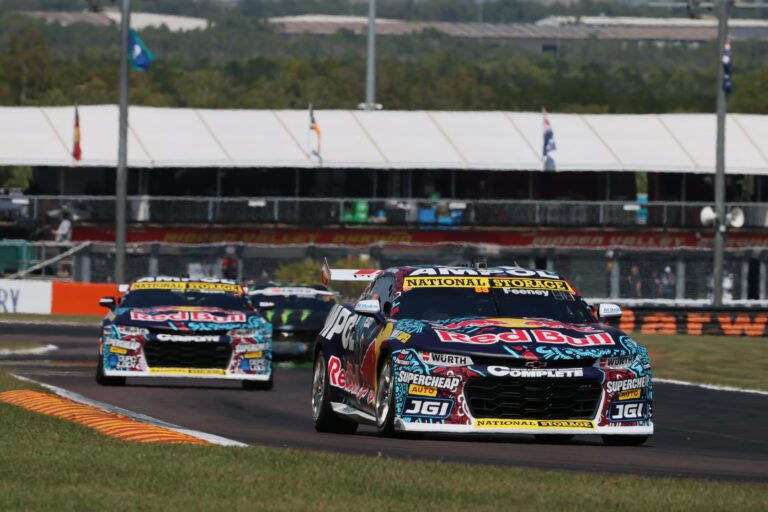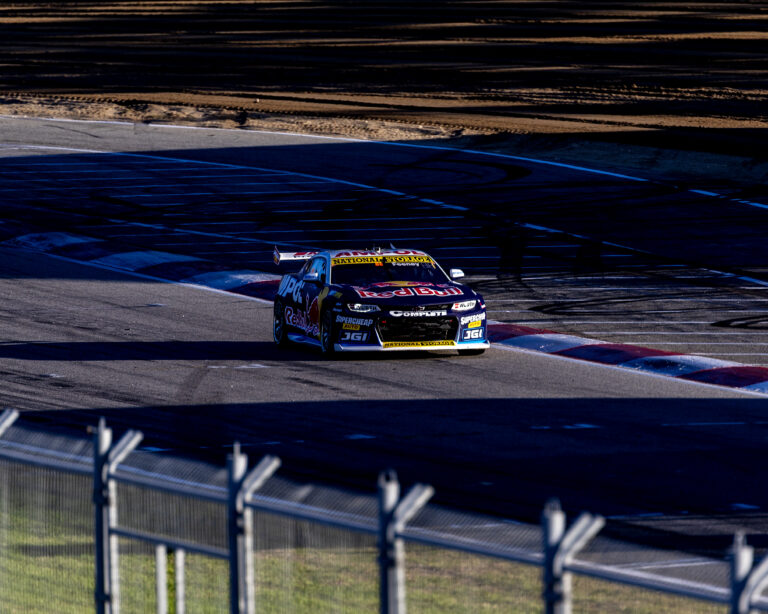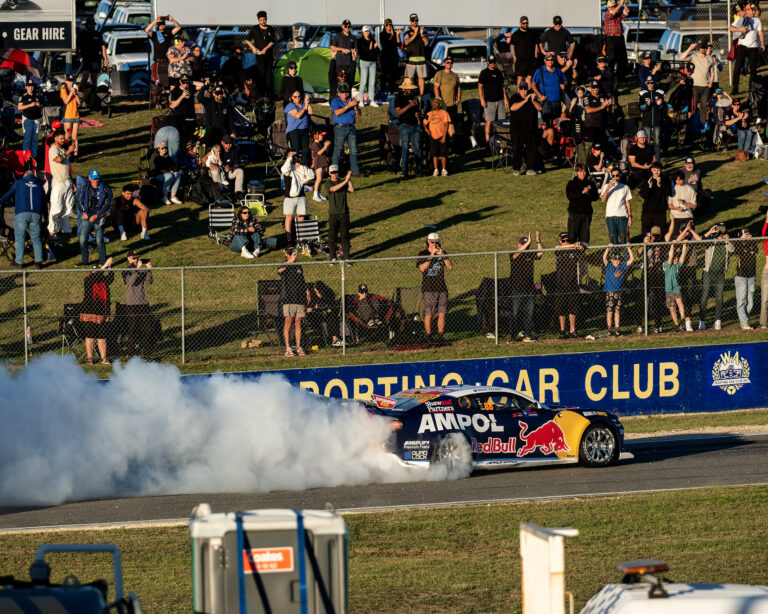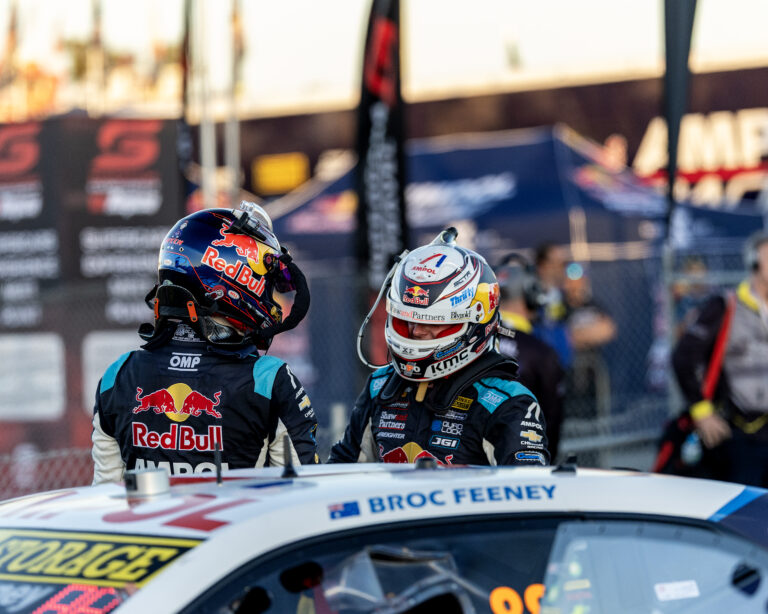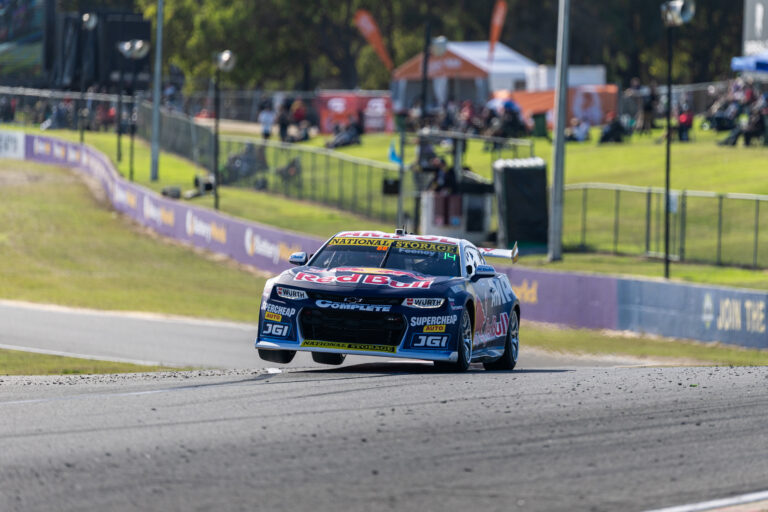Motorsport looks like the high life on TV right? So it’s not really a surprise that we get inundated with requests from aspiring drivers, engineers, mechanics and everyone else in between to know exactly how to break into this industry.
This new website series is here to give you the inside scoop on how exactly the guys at Red Bull Racing Australia got where they are today. Stay tuned as we cover every department at RBRA HQ, but we’re kicking off with the one we get asked about the most – engineering.
Qualifications
It’s a no-brainer that you need maths to be an engineer, so studying maths and physics in school is a good place to start. From there university is essential – the studying as much as the partying.
“I did Mechanical Engineering at uni,” says Jeromy “JJ” Moore, Car #888 Engineer and Chief Designer at Triple Eight.
“This is the degree to do to be a race engineer as it teaches you the basics of how physical mechanical systems work, and race cars are a big collection of lots of these.”
He points out though that it’s not the same in the UK. In case you hadn’t noticed, the V8 Supercars pit lane is riddled with poms, so they must be doing something right.
The team’s Data Engineer, John “Irish” McGregor, studied Automotive Engineering at Loughborough University in England, but there are several other degrees available in Europe that would give you the necessary qualifications to get into race engineering.
Experience
Qualifications are all well and good, but as Irish points out “it’s a must to have some motorsport experience before applying for a job in the real world these days. There are enough people out there with grades as good as, if not better, than yours and experience will help to set you apart from them.” Wisest words he’s ever spoken!
While Irish built up his resume working for a British Superbike team while studying, Car #1 Engineer David Cauchi stuck to cars, though he doesn’t take any credit for his strong CV himself: “I got someone who paid attention in English classes to write it for me”. Well surely engineers aren’t expected to be able to spell too?
“I worked for an automotive steering company in Sydney for five years while I was at university. They took me on for a six month work experience period and I wouldn’t leave,” he says.
For Mark “Dutto” Dutton, the route to Race Team Manager was always supplemented with “building, working on and generally playing with cars, bikes and boats”, plus playing rugby. Team sports help to develop the ability to work in a team – an integral part of motorsport.
According to JJ, it’s essential to have an understanding of what the drivers are trying to communicate, whether that’s gained through work experience or a hobby.
“My hobbies revolve around anything with wheels,” he says.
“Lots of modified cars whilst growing up gave me the bug for making things go faster. Later on racing cars at club level and motorbikes on track days kept the urge to go fast off the road, and helped to understand what the heck the drivers mean when they bang on about understeer or oversteer.”
Getting a job
There’s a little saying in life that goes “it’s not what you know, it’s who you know” and in motorsport that often proves true.
“Larkham Motor Sport gave me my start after I finished uni,” recalls Dutto.
“Sponsor issues meant my time with Larko was cut short and from there I went to RD engine development, not motorsport-related. Then one Saturday morning I got a call from the old Chief Engineer at Larko’s offering me a job at Briggs Motorsport.”
Briggs was then bought out by Triple Eight in 2003 and both Dutto and JJ have firmly been part of the furniture ever since.
Cauchi found the odd contact here and there is handy too: “I did some work with a Formula Ford team and got to know some good people in the motorsport industry who helped me get my job at Triple Eight.”
Starting with work experience in support categories is a great way to get to know people and build contacts within motorsport. It’s got a far higher success rate than shooting for the top straight away.
A little creative thinking never goes amiss though and Irish is proof that sometimes you need to put yourself out there. So how did he end up here?
“I wormed my way into the pits at Homebush a few years ago with a handful of CVs. It’s always best meeting people in person rather than sending an email to someone’s junk folder.”
Pearls of wisdom
The most common misconception of motorsport is that it’s all glitz and glamour. Trust us though, it’s not, and these guys will be the first to tell you.
“You need to be thick skinned,” says Irish. “Working 15 to 18 hours four days on the trot can be sore on the body.”
And that’s just at a race weekend. Don’t go thinking these guys have it easy at the workshop.
“You need to be very dedicated and committed to your job and able to work in a team,” says Cauchi. “It’s handy to like sitting on planes and sleeping in hotels too.”
The guys also cite being hard working, competitive and a perfectionist amongst characteristics required for this job.
What about a top tip for landing that job in the first place though?
In Dutto’s words, “watch motorsport, read about motorsport, live motorsport because the person you’re applying for that job with will.”
We’ll leave you now hopefully armed with some good advice for becoming an engineer and also with some words of wisdom from JJ: “Meet an understanding partner who can put up with you being away. Oh, and time travels faster on top of a mountain than it does at sea level. Cool fact!”

